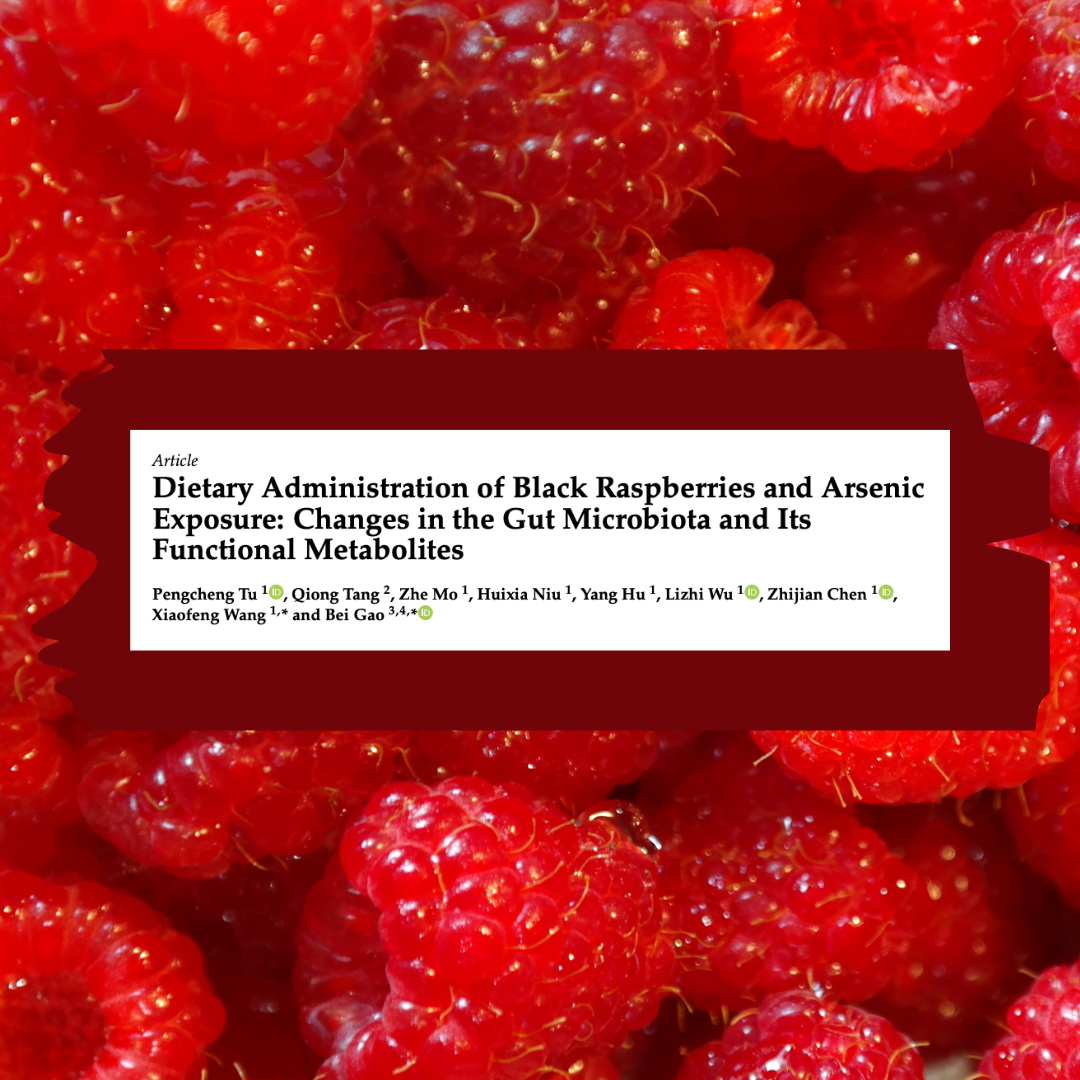Mold. Dust. Microplastics. Heavy metals. Our bodies are exposed to a long list of bad actors on a daily basis. Luckily, built-in mechanisms like the liver expel these foreign characters from our bodies. Unfortunately, they’re not perfect.
A study published last month examined the gut microbiome’s role in removing arsenic, a toxic heavy metal, from the body. Let’s look at what the study on arsenic detoxification found.
Quick Recap: What is the Gut Microbiome?
You might already know a bit of microbiome science, but here’s a quick recap.
The microbiome is an ecosystem of millions of microbes – like bacteria, yeasts, and even fungi – living within or on the human body. The term “gut microbiome” refers to the microbes inhabiting the GI tract.
At first glance, microbes living in the body might sound pretty gross – but it turns out they’re critical to our health. Many microorganisms living within us benefit our bodies by regulating our metabolism, helping us absorb vitamins from food, supporting our immune system, and much more (Source).
The thing is, not all of the microorganisms in our microbiomes are helpful. Some are harmful. These harmful microbes can damage the gut barrier, increase inflammation, and wreak havoc on our metabolisms, hormone production, immune systems, and mental health (Source). Plus, they can cause uncomfortable digestive issues like gas, bloating, and stool irregularity – no fun.
To minimize the gut damage and annoying symptoms the harmful microbes cause and maximize the benefits helpful microbes confer, we want many beneficial microbes and very few harmful microbes to live in our guts. There are typically too many harmful microbes and not enough helpful microbes in an unhealthy microbiome. This state of imbalance is called dysbiosis (Source). Check out our blog titled “Is My Microbiome Imbalanced” to learn more about dysbiosis.
The Gut Microbiome and Detoxification
A new study titled “Dietary Administration of Black Raspberries and Arsenic Exposure: Changes in the Gut Microbiota and Its Metabolites” examined how alterations in gut microbiome composition can affect health outcomes in arsenic exposure and toxicity (Source). In particular, the study looked at how black raspberry consumption changed the gut microbiome and, in turn, changed arsenic detoxification ability.
The study shows that specific metabolic changes occur in gut microbiota after exposure to arsenic and consuming a black raspberry-based diet. Bile acids, α-linolenic acid, and certain forms of vitamin E levels changed. All three of these compounds are essential to detoxification (Source).
The authors hypothesized that these changes in the microbiome-related metabolites might affect arsenic toxicity and counter some of the adverse effects of arsenic exposure. They suggest that further research should be done on the gut microbiome’s interplay with detoxification.
Are you looking to protect yourself from the threats that exposure to heavy metals, microplastics, and other environmental toxins poses to your body? Though we don’t have all the answers yet, keeping your gut microbiome in check is a great place to start. Check out our blog, “How to Get Rid of Harmful Microbes,” to learn more about rebalancing your gut. Thanks for joining us today!




